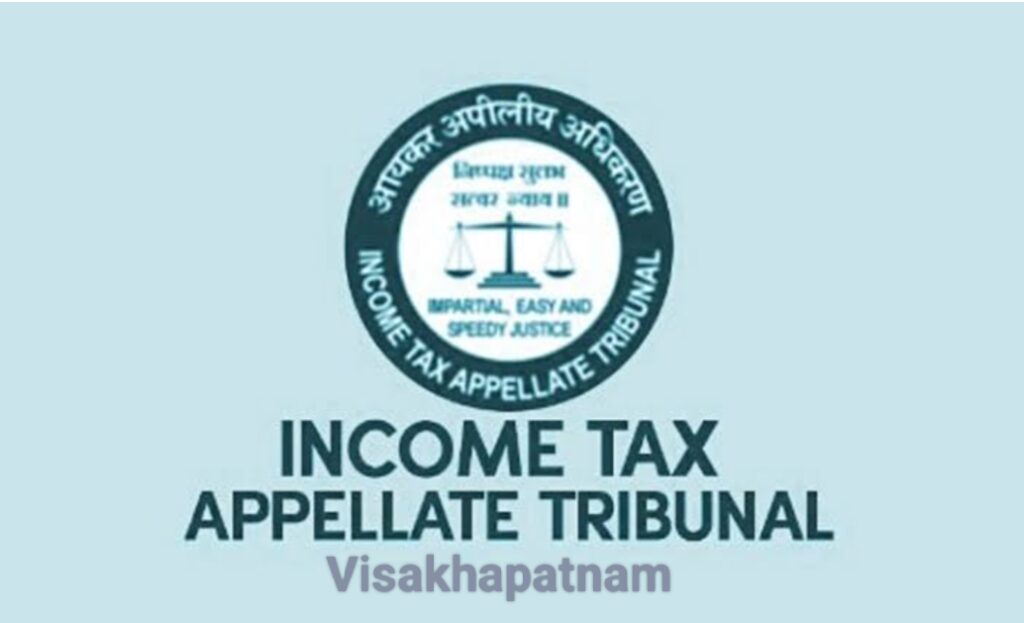ITAT Visakhapatnam Ruling in case of Konathala Nooku Naidu verses ITO/ case No. I.T.A. No.269/Viz/2023
In a recent decision, the Visakhapatnam Income Tax Appellate Tribunal (ITAT) has ruled in favour of a taxpayer, directing the deletion of an addition made under section 69A of the Income Tax Act. The tribunal found that the taxpayer adequately explained the source of a cash deposit, leading to a significant victory in the case.
The bench, led by Duvvuru Rl Reddy, observed that the taxpayer had provided comprehensive evidence regarding the source of the cash deposit. Despite initial contention from the revenue authorities regarding the absence of a signed purchase agreement, closer inspection revealed that the agreement indeed bore the purchaser’s name on the stamp paper. Additionally, considering the taxpayer’s involvement in real estate business, the tribunal concluded that the cash deposit was legitimate and linked to a sale consideration.
The case involved an individual taxpayer who had filed returns under ‘Short Term Capital Gains’ and ‘other sources’. During the assessment proceedings, the taxpayer was questioned about cash deposits totalling Rs. 25,40,000 in their ICICI Bank account. In response, the taxpayer explained that these deposits stemmed from their real estate activities, supported by cash book records and confirmation letters.
However, the Assessing Officer (AO) disagreed, alleging a lack of appropriate sourcing for the cash deposits. Consequently, invoking section 69A, the AO treated the deposits as unexplained cash and made the addition to the taxpayer’s income. Even the Commissioner of Income Tax (Appeals) dismissed the taxpayer’s appeal without considering their submissions.
Nevertheless, the ITAT scrutinized the evidence presented by the taxpayer and concluded that the source of the cash deposit had indeed been adequately explained. While acknowledging certain gaps in the explanation, such as the purpose behind loan availing and subsequent deposit timing, the tribunal found overall credibility in the taxpayer’s claims.
Furthermore, the tribunal noted that the taxpayer had deposited old currency notes, typically reserved for petty expenses, and exchanged them for new currency notes through the bank.
In light of these considerations, the ITAT partially allowed the taxpayer’s appeal, signaling a significant victory and relief from the additional tax burden.
This decision highlights the importance of thorough documentation and clarity in explaining financial transactions, ensuring taxpayers’ rights are upheld under the provisions of the Income Tax Act.
Also Read: Delhi ITAT Rules: Disallowance of Expenditure Doesn’t Automatically Lead to Penalty
Read More
Capital Gain Tax Exemption Strategy When Selling Jewellery for a House

